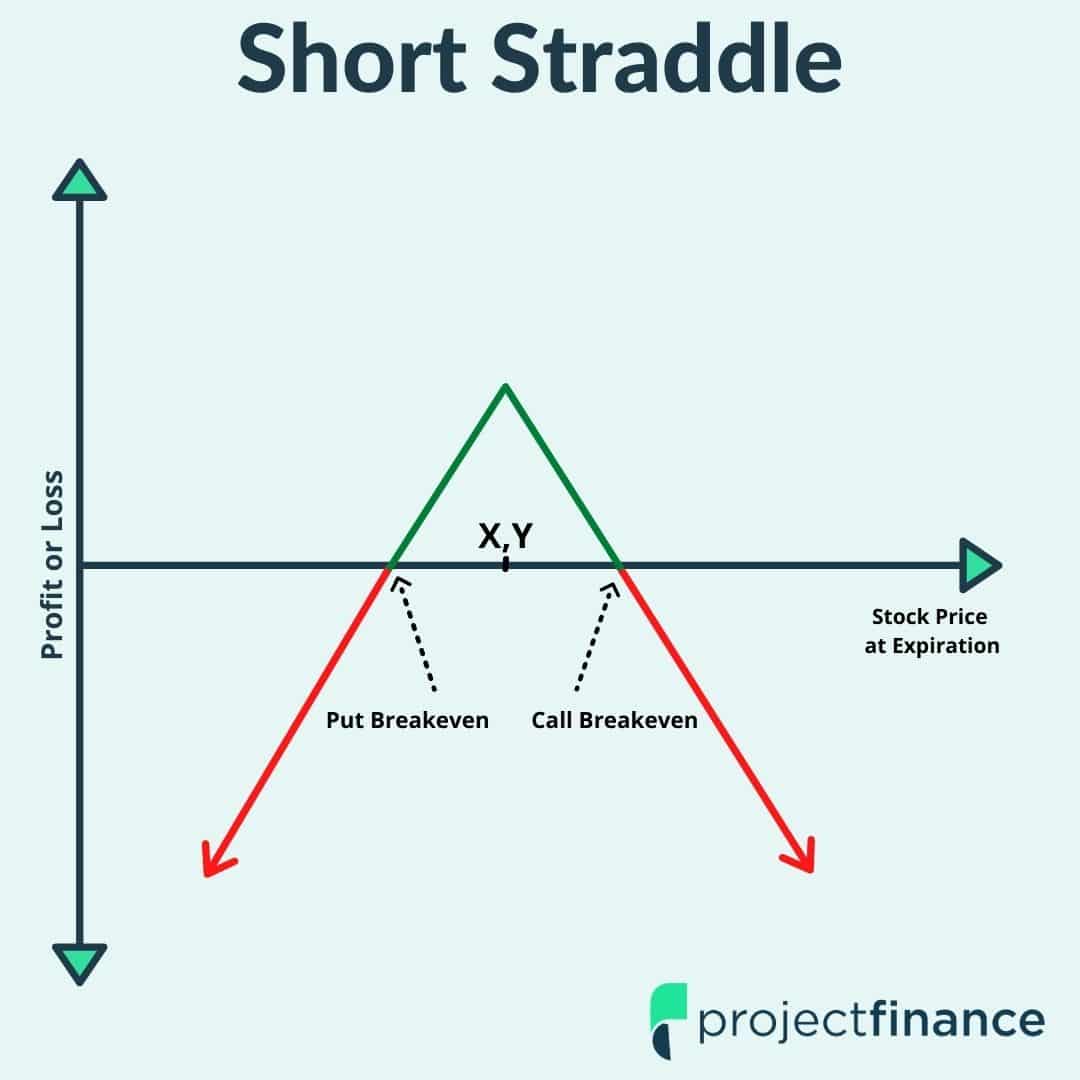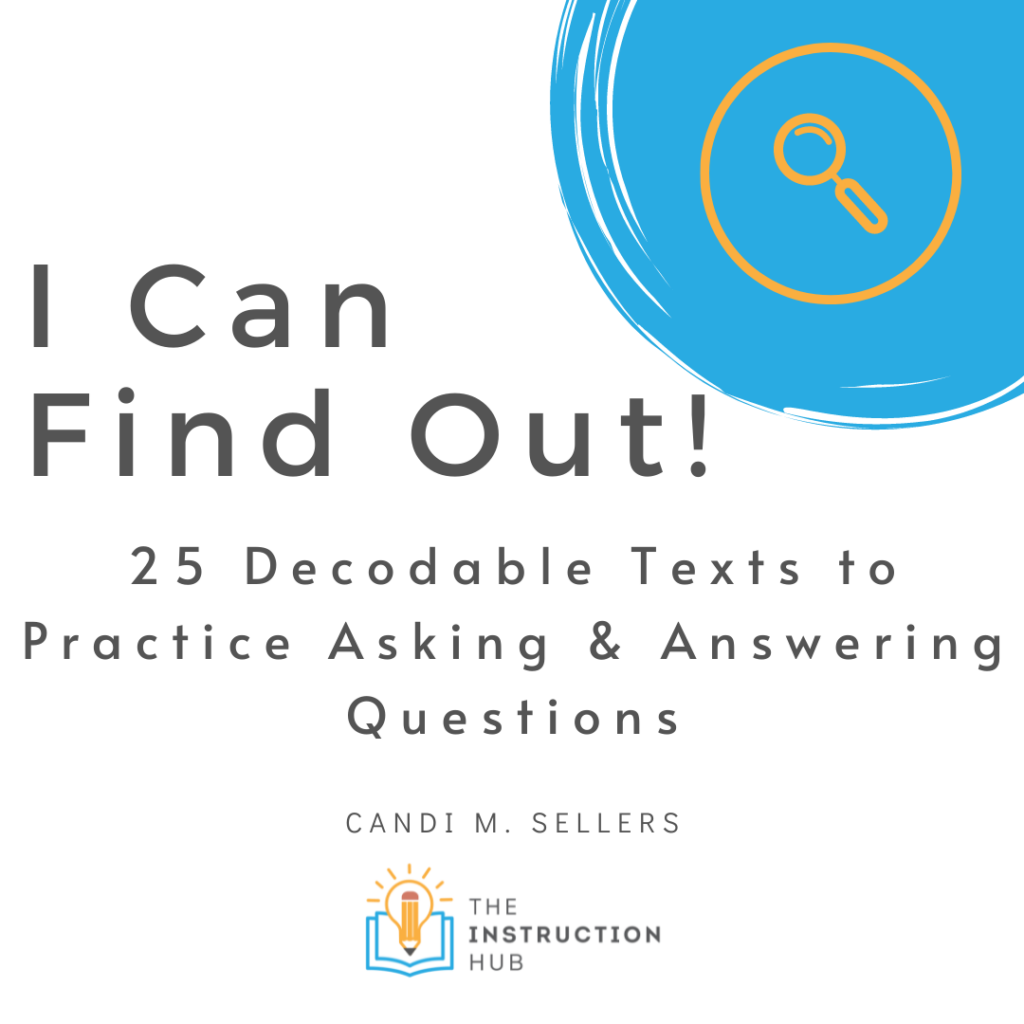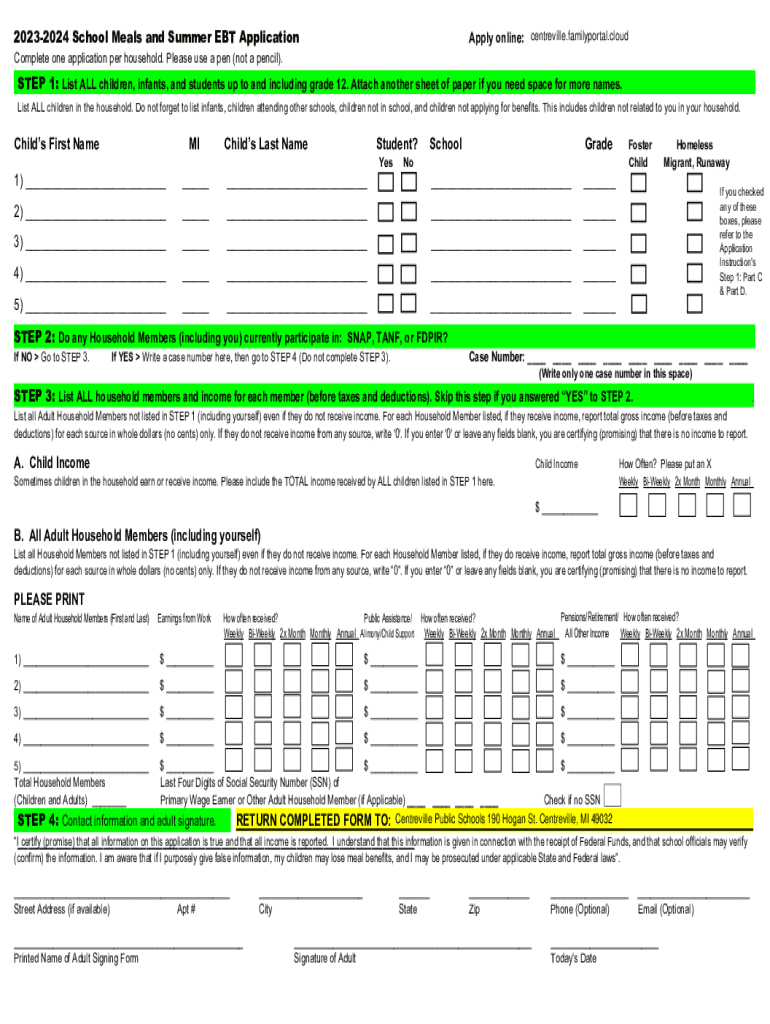
What Does “Straddle” Mean? Exploring Its Multiple Uses and Meanings!
If you’ve ever come across the term “straddle” and wondered what it really means, you’re in the right place! Let’s dive into the various definitions and contexts where this intriguing word is used.

1. Physical Movement: Standing or Sitting with Legs Apart
One of the most straightforward meanings of “straddle” is to stand, walk, or sit with the legs wide apart. Think about riding a horse or sitting on a fence; in both cases, you’re essentially straddling!
Example Sentences

2. Non-committal Positions: Favoring Both Sides
In a more figurative sense, “straddling” can refer to taking a non-committal or ambiguous stance on an issue. This usage is common in politics or debates where someone might be trying to please both sides or avoid making a definitive choice.
Example Sentences

3. Financial Markets: Options Strategy
In the financial world, a “straddle” is a complex options strategy. It involves holding a position in both a call option and a put option with the same strike price and expiration date. This strategy is often used to hedge bets and manage risks.
Example Sentences
If you want to learn more about financial straddles, check out this detailed article on Investopedia.

4. Military Usage: Range Finding
In a military context, “straddling” refers to firing shots both beyond and short of a target to determine the correct range. This technique helps gunners adjust their aim more accurately.
Example Sentences
Conclusion
The term “straddle” is versatile and used in various contexts, from physical actions to financial strategies and even in military operations. Remember, it’s not just about spreading your legs; it can also mean taking a balanced stance on issues or navigating the stock market! Next time you come across the word, you’ll know exactly what it means.
Got any more questions or thoughts on “straddle”? Feel free to leave a comment below and join the conversation!

Mason Caldwell is a financial expert and writer who specializes in topics related to taxation, personal finance, and economic analysis. With extensive experience in the financial industry, Mason has contributed to numerous financial publications, sharing insights that help individuals and businesses make smarter financial decisions. Known for his ability to simplify complex financial topics, Mason’s articles are both informative and accessible to a wide audience. When he’s not writing, Mason enjoys hiking, reading historical novels, and exploring new technologies in finance.



 Have you been…
Have you been…


 Are you scratching your head about…
Are you scratching your head about…